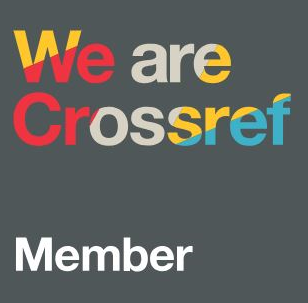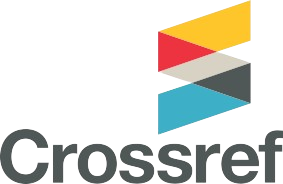Analysis of Stakeholders and Community Participation in Promoting Urban Forest Ecosystem in Musanze, Rwanda
DOI:
https://doi.org/10.62103/unilak.eajst.9.9.108Keywords:
Stakeholders, Urban forest ecosystem, Musanze Secondary City, RwandaAbstract
Accelerated urbanization is blamed to have major negative implications on environment with particular impacts on urban forests. Growing conditions of urban forests are often in conflict with human needs and management attitudes. This study analyzed the involvement of stakeholders and community participation in promoting urban forest in Musanze City. We measured the prioritization of city residents regarding some public development initiatives including urban forestry, and we assessed the willingness and participation of city residents regarding urban forestry. The sample size of the study was made by 100 people. Both interview and questionnaire were used to collect data. The statistical package for social sciences was used for statistical analysis, and ArcMap and administrative entities shapefiles were used to map the study area. Results showed 47.14 m2 area is covered by urban forest per capita in the study area and an average of 1.61 trees per domestic garden. Analysis showed that the main stakeholders in urban forest promotion are forest extension officers who provide advices and skills regarding urban forestry to a large percentage of city residents (64%). The level of preference and prioritization of city residents regarding urban trees was measured and 88.0% of respondents showed a positive will to plant and care a tree. However, except tree planting done by 37.0% of respondents from August 2017 to July 2018, other forestry activities are not well considered by city residents. More delivering education to local communities will increase the awareness regarding the benefits of urban forests, essential for making progress towards sustainable cities in Rwanda.








